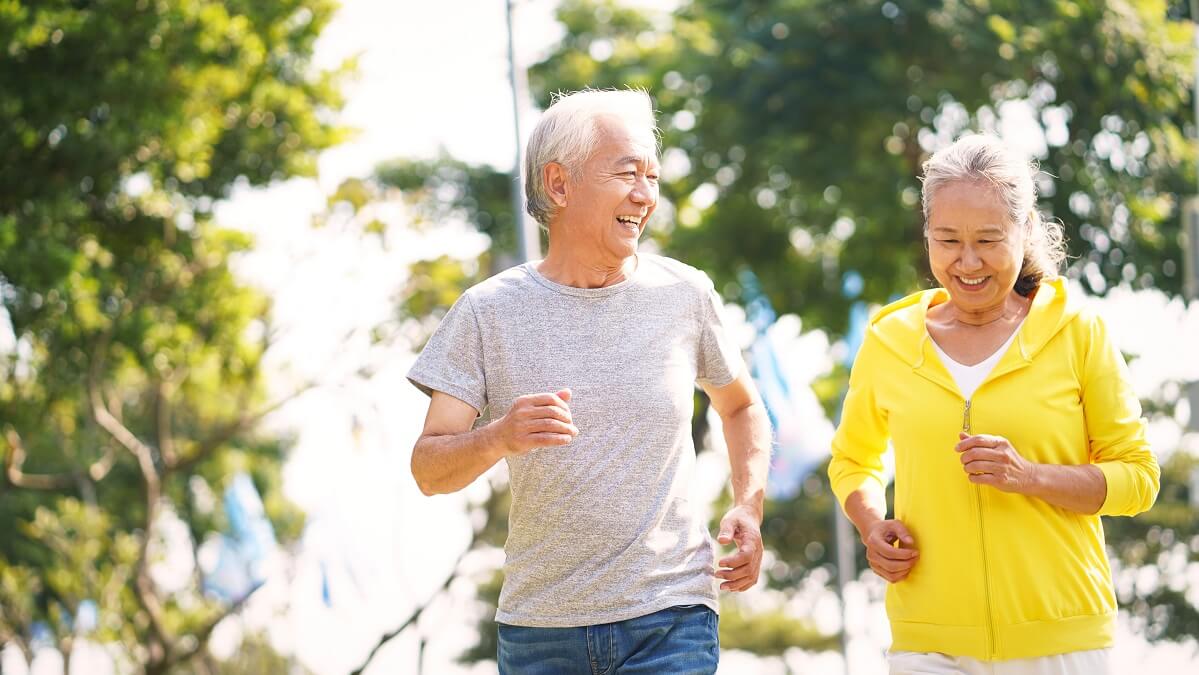Undertaking high intensity exercise as you recover from a heart problem probably doesn’t strike you as being a wise thing to do. But, a new clinical trial suggests it might be just what the doctor ordered.
In reality, your doctor is unlikely to ask you to do any high intensity exercise soon after a heart issue, but that would, of course, depend on what – and how serious – was the issue.
However, if the results of the new trial are any indication, the post-recovery approach may be about to change direction, with high intensity interval training (HIIT) one of the recommendations.
The results of the clinical trial, conducted by the University Hospitals Coventry and Warwickshire NHS Trust in the UK, suggest that HIIT may help heart attack or other cardiac event patients recover faster than conventional rehabilitation exercise programs.
In Australia, and most other western countries, the prevailing wisdom has been to incorporate only moderate levels of exercise – walking at a comfortable, steady pace, for example – when recovering from a coronary event. The obvious intent is to avoid putting too much strain on the heart.
But the UK trial says better long-term outcomes are achieved if HIIT is incorporated in the recovery programs.
The trial involved 382 participants with an average age of 59, all of whom had been diagnosed with coronary heart disease or had had a heart attack, bypass surgery or a stent procedure.
The participants were randomly split into two groups – one undertook a program of conventional moderate-intensity steady-state (MISS) exercises; the other group was assigned a program that incorporated HIIT twice a week for a period of eight weeks.
Those who took part in the conventional program did 20 to 40 minutes of continuous exercise on a stationary bike or other exercise machine, attaining 60 to 80 per cent of their maximum aerobic capacity.
Participants in the HIIT group were instructed to complete one-minute bursts of exercise on a stationary bike, repeated 10 times, at more than 85 per cent of their maximum capacity, with one-minute recovery periods between each burst.
Analysis of the results showed that the HIIT group displayed evidence of greater improvements in cardiorespiratory fitness, which in this trial was calculated by measuring the participants’ peak oxygen uptake during exercise.
According to the study’s lead author, Gordon McGregor, this fitness advantage would be expected to reduce the risk of premature death by around 15 per cent.
The study, published in the European Journal of Preventative Cardiology, concluded that, “low-volume HIIT is a safe, well-tolerated and clinically effective intervention that produces short-term improvement in cardiorespiratory fitness”.
In its conclusion, the authors suggest that HIIT should be “considered by all CR [cardiac rehabilitation] programs as an adjunct or alternative to MISS”.
When it comes to rehabilitation from a heart event, HIIT is a hit, and patients might be better off giving MISS a miss.
As promising as the results of this are, if you are about to undertake a rehabilitation program after a cardiac episode, don’t take matters into your own hands. Always follow the advice of your trusted medical professional.
Have you taken part in a rehabilitation program after a heart attack or other coronary event? What was your experience? Why not share your thoughts in the comments section below?
Also read: Broken heart syndrome – more than just a movie trope?
Disclaimer: This article contains general information about health issues and is not advice. For health advice, consult your medical practitioner.

